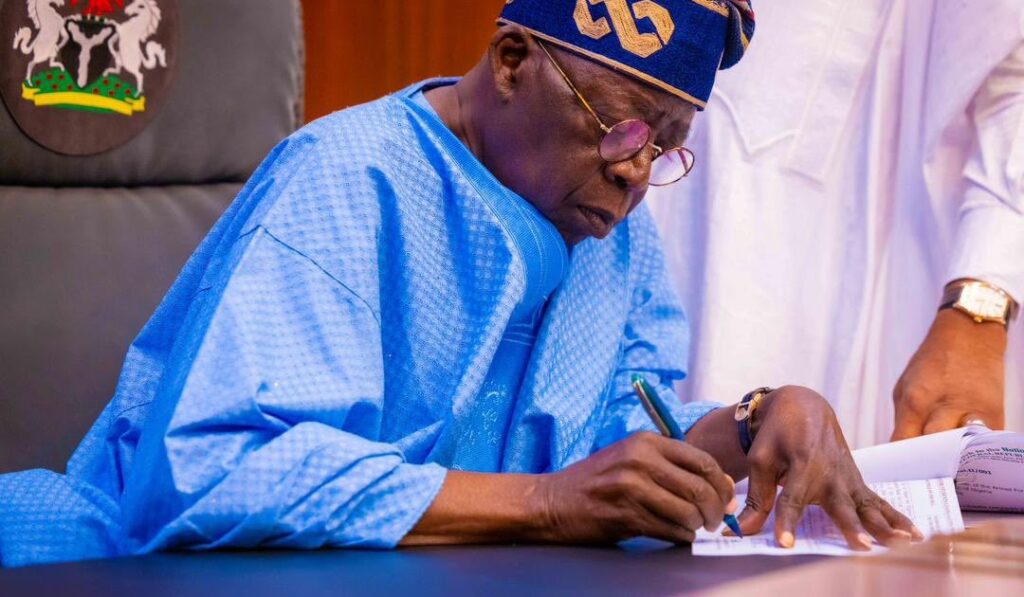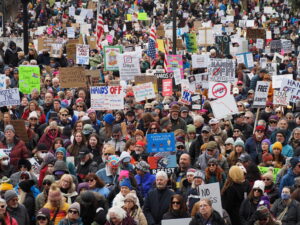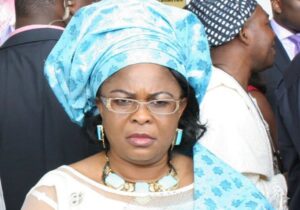President Bola Tinubu has signed the minimum wage bill into law, ending months of deliberations between government authorities, labour unions, and the private sector.
He signed it at the State House in Abuja on Monday days after the National Assembly National had passed the Minimum Wage Act, 2019 to increase the National Minimum Wage from ₦30,000 to ₦70,000.
A National Assembly delegation led by the President of the Senate Godswill Akpabio and some members of the House of Representatives were around to witness the ground-breaking event.
Following the signing, the Special Adviser to the President on Senate Matters Basheer Lado said the move is a promise kept.
“The signing of the minimum wage bill into law by His Excellency, President Bola Ahmed Tinubu is both a promise kept and a demonstration of his people-centric governance model,” he said in a statement. “Tinubu promised to pay a living wage to Nigerian workers during his electioneering campaigns and he has kept that promise.”
President Tinubu’s move followed months of talks with labour unions which insisted on a new minimum in the wake of the fuel subsidy removal and the floating of the naira – both steps ballooning the cost of living.
Labour unions had initially proposed ₦494,000 as a new minimum wage with the government offering ₦60,000. After a series of negotiations, the workers demanded ₦250,000 while the government shifted grounds to N62,000.
But on July 18, the Federal Government and the unions reached a consensus figure of ₦70,000.
“We are happy to announce today (Thursday) that both the organised labour and the Federal Government have agreed on an increase on the N62,000 minimum wage. The new national minimum that Mr President is expected to submit to the National Assembly is ₦70,000,” the Minister of Information Mohammed Idris told State House correspondents after a meeting between government officials, and labour leaders.
The ₦70,000 will also be reviewed every three years. After the truce, President Tinubu immediately transmitted the bill to the National Assembly for passage. The lawmakers wasted no time in doing that, passing the bill in one day.
While labour had also insisted on a better deal for workers owing to the hike in the cost of living, Tinubu who swept to power in May last year had promised that his government would only pay what is sustainable.
“You have to cut your coat according to the available cloth. Before we can finalise the minimum wage process, we have to look at the structure,” Tinubu insisted after meeting labour leaders.
The new law comes as the cost of living soars in Nigeria. The country’s inflation figure has hit 34 per cent in June, 2024, according to the National Bureau of Statistics (NBS).










More Stories
Massive protest against Trump hots up in major U.S. cities
Tinubu considers Fani-Kayode, others for ambassadorial appointments
NBA intervenes, as detention of 15 domestic aides accused of theft from ex-First Lady Patience Jonathan, lingers